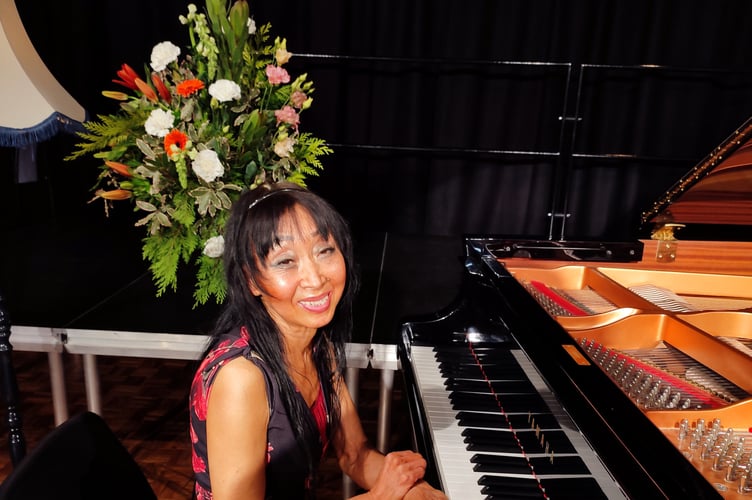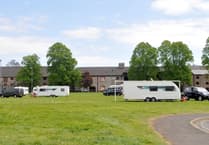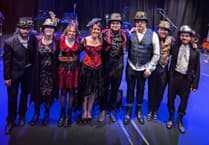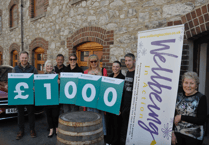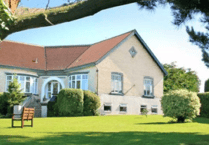SOUTH Korean-born child prodigy Young-Choon Park chose music composed over a very short period of time, approximately 50 years, for her recent NADSA concert at Newton Abbot’s Courtenay Centre last Sunday, writes Jeff Collman.
Those years spanned a great development of musical styles, and thus her choice gave an opportunity to demonstrate the characteristics of each composer. Mozart, Beethoven, Haydn and Schubert all being household names, the audience was in familiar territory; the new ingredient was Young-Choon’s interpretation.
Mozart's genius expressed itself not only as a performer but also as a composer. His enthusiasm for the relatively newly invented fortepiano can be demonstrated in his Sonata No. 9 written in 1777; and this Young-Choon certainly did.
She nuanced the smallest of phrases with differentials of touch (which would not have been possible on a harpsichord) and there was generally a delicacy, lightness even jollity; except in the more restrained adagio. Young-Choon also frequently used small-scale rubato, but of course that method of elaboration had been possible for harpsichord players.
Her juxtaposition of Mozart and Beethoven highlighted the differences of their styles. Suddenly we had contrasts of mood only hinted at in the Mozart, and the whole emotional canvas is greatly expanded.
The raw emotion of this piece depends as much on the silences as the sudden changes of volume. The attention of the near-capacity audience was held, and the frequently whispered pianissimos of Young-Choon were never lost. An audience member was even heard to comment that they did not want to hear Beethoven’s ‘Tempest’ Sonata played by anyone else.
Haydn’s Sonata No 48 took us back in time. Though published later than our Mozart Sonata, this is the first of his to be specified for the fortepiano and to make use of its dynamic possibilities. Haydn is often fun, and this came through in Young-Choon’s rendition.
For a mix of drama and poignant moments of extreme subtly, look no further than Schubert’s Sonata No 19. A work heavily influenced by Beethoven, who had recently died, this piece has an amazing wealth of emotions and contrasts, and thus provides a showcase for any accomplished pianist.
This tour de force was well received. We were given an encore: an excerpt from the adagio of Haydn’s Sonata in F major 23, a reassuringly calming way to send us home.
One came away from this concert realising that Young-Choon had given a distinctive performance for each of the composers which she made her own. She had nuanced phrasing that often faded to the smallest whisper and the humanity of rubato was always there. Her silences were as engaging as her thoughtful playing.
The event , part of the Newton Abbot and District Society of Arts classical music concerts, was kindly sponsored by David Brown.
